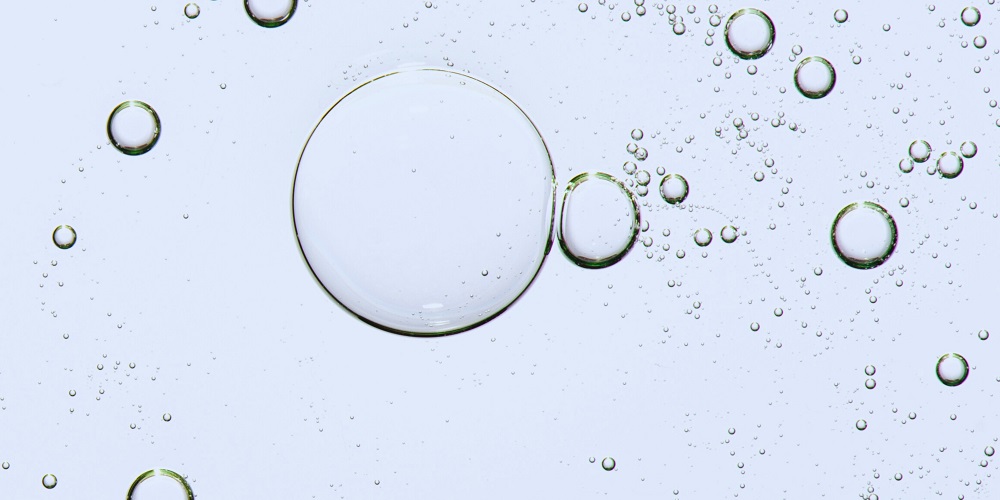Retinol, also known as vitamin A1, belongs to the family of retinoids—a group of compounds known for their potent effects on skin health. It works by promoting cell turnover, stimulating collagen production, and combating oxidative stress, resulting in smoother, firmer, and more radiant skin.
When introducing retinol into your skincare regimen, start gradually to allow your skin to acclimate to its potent effects. Begin with a lower concentration and gradually increase frequency as tolerated. Always use retinol products at night, as they can increase skin sensitivity to sunlight. Additionally, be sure to apply sunscreen diligently during the day to protect your skin from UV damage
How does Retinol benefit the skin?
Retinol offers several benefits for the skin, including improving skin texture, reducing the appearance of fine lines and wrinkles, promoting collagen production, unclogging pores, and enhancing skin tone and elasticity.
How should Retinol be incorporated into a skincare routine?
Retinol is typically applied in the evening after cleansing and toning. Start with a pea-sized amount and gently massage it onto the face, avoiding the delicate eye area. Always follow up with a moisturizer to help minimize potential dryness or irritation.
Can Retinol be used with other skincare ingredients?
Yes, retinol can be safely used with other skincare ingredients. However, it’s essential to avoid combining it with certain active ingredients like benzoyl peroxide or alpha hydroxy acids (AHAs) as they may increase the risk of irritation.
Are there any side effects associated with Retinol use?
Some individuals may experience mild side effects such as dryness, flakiness, redness, or sensitivity to sunlight when using retinol. These side effects are usually temporary and can be minimized by starting with a lower concentration and gradually increasing usage.
Is Retinol suitable for all skin types?
Retinol can be beneficial for most skin types, but individuals with sensitive skin may experience irritation or redness when first using it. It’s advisable to start with a lower concentration and gradually increase usage to allow the skin to acclimate.
Is Retinol safe for long-term use?
When used as directed, retinol is generally safe for long-term use. However, it’s essential to wear sunscreen daily as retinol may increase the skin’s sensitivity to sunlight, making it more prone to sunburn and damage.
Can retinol help with acne?
Yes, retinol can be beneficial for acne-prone skin. Its exfoliating properties help unclog pores, reduce acne breakouts, and fade acne scars over time. However, it may take several weeks to see noticeable improvements, and consistent use is key for optimal results.
Can I use retinol if I am pregnant or breastfeeding?
It’s generally recommended to avoid using retinol products during pregnancy and breastfeeding, as high doses of vitamin A (retinoids) may pose potential risks to the developing fetus or infant. It’s best to consult with a healthcare professional before using retinol or any other skincare products during pregnancy or while breastfeeding.






